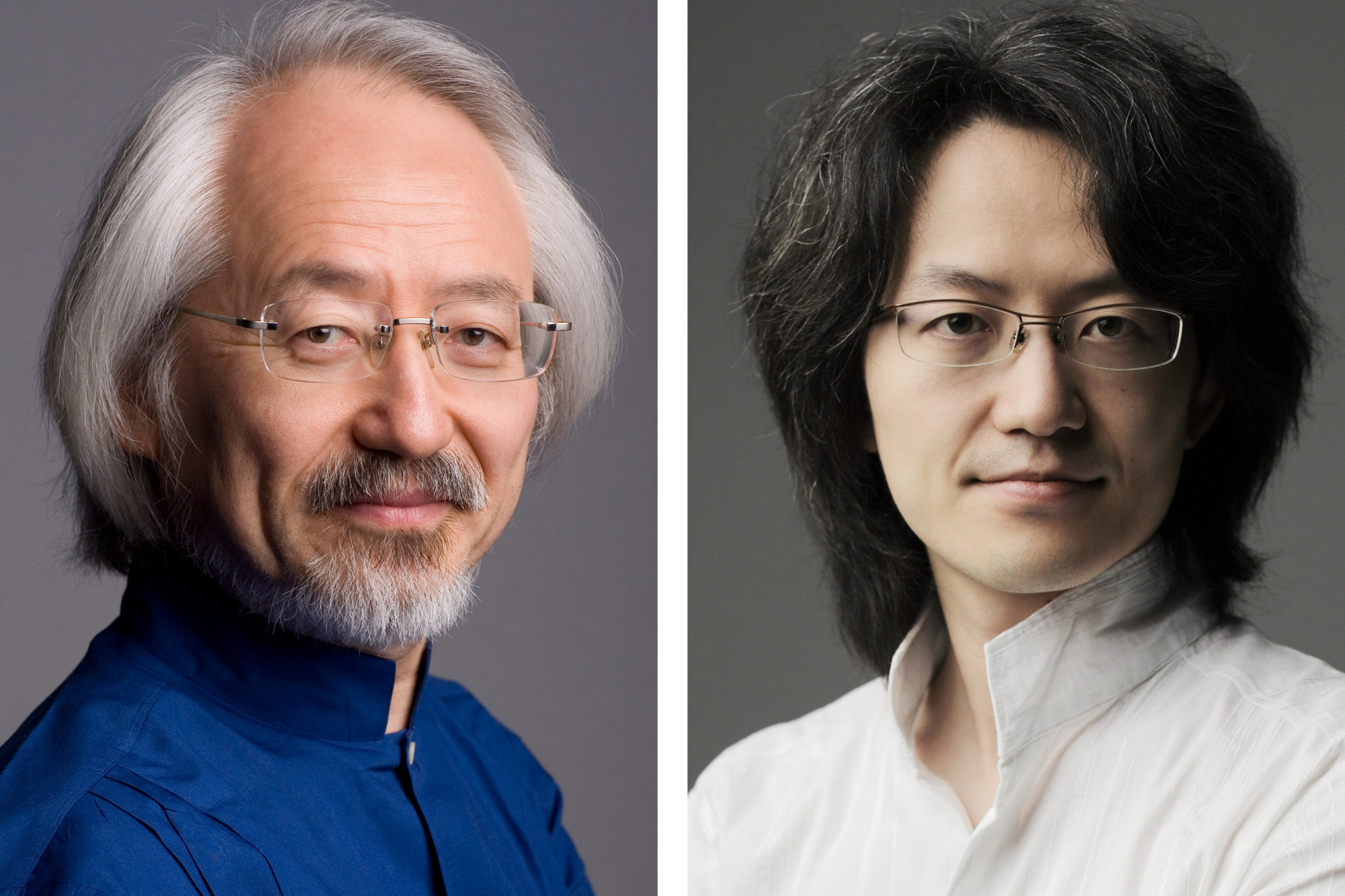Without a doubt, Western classical music developed in part through Christian practices, possibly reaching a peak of sophistication with Johann Sebastian Bach (1685-1750), arguably one of the greatest composers, who lent his influence to the music of later periods.
In the course of modernization and Westernization since the Meiji Era (1868-1912), Japan has accepted this music and religion in its own way.
"The acceptance of classical music in Japan has coexisted with a loss of cultural identity, but Japanese people of the era made efforts to absorb and digest the new culture and have made classical music their own language, even though it's not the mother tongue," says organist and harpsichordist Masato Suzuki, who serves as the principal conductor of Bach Collegium Japan (BCJ). "As generations coming after World War II, our activities happened to coincide with the movement of period performance."



